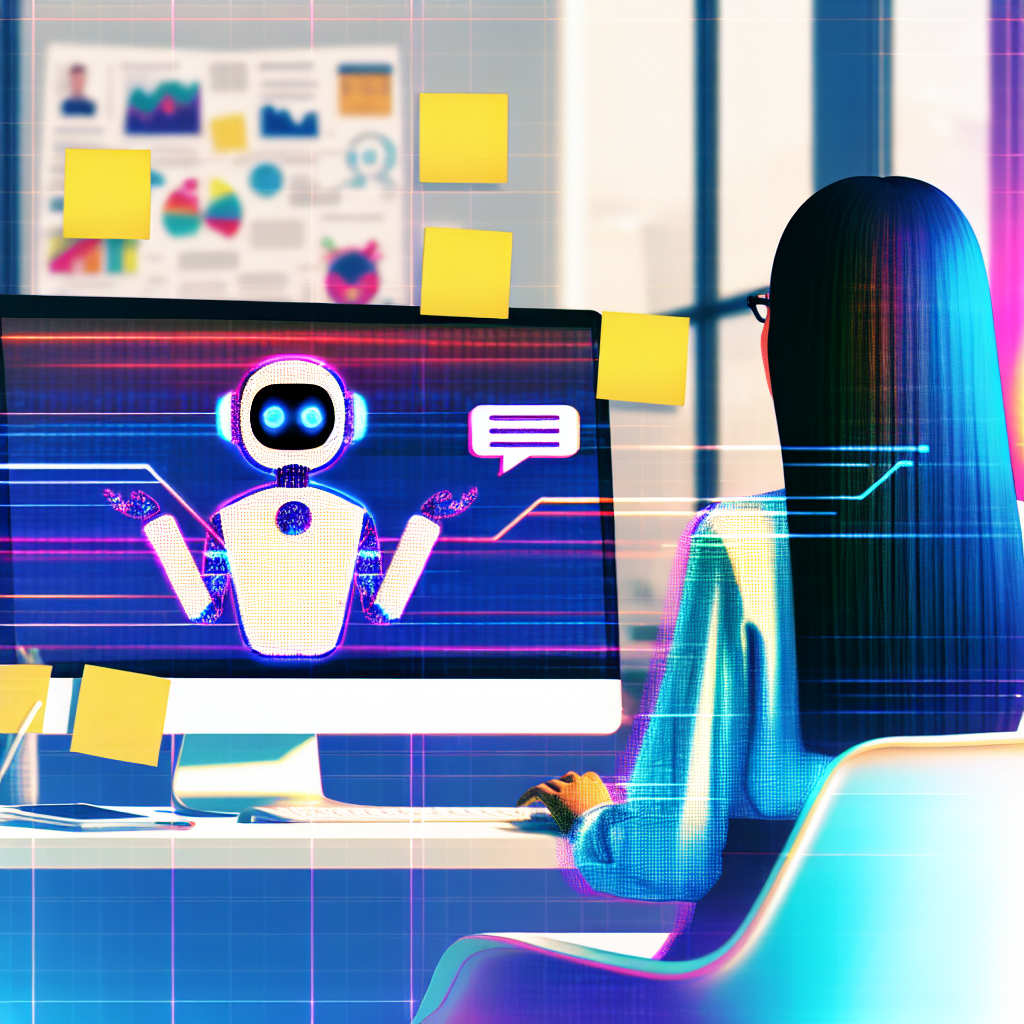How AI-Powered Career Coaching is Transforming Professional Development

"A lot cheaper for employers than the human variety, which, with an average cost of $244 an hour, has typically been provided only to companies’ top performers or senior executives"?34:0†source?.
AI-Powered Career Coaching: Disrupting Traditional Models
With the rise of AI-powered career coaching platforms like BetterUp and LinkedIn, a transformative shift is occurring in professional development. These innovative tools offer cost-effective and accessible alternatives to traditional human coaching, especially in turbulent economic times dominated by layoffs and budget cuts. As companies prioritize workforce upskilling, AI emerges as a viable solution for honing interpersonal skills and meeting career progression needs.
Employment Landscape and AI Integration
The adoption of AI in coaching is gaining traction, with 47% of companies investing in career mentoring programs. Interestingly, 42% of employees express comfort in seeking AI-driven career advice, pointing to a significant shift in workplace dynamics. These platforms provide real-time interactive feedback on various professional concerns, from negotiation strategies to job searching tips.
Contrarian Views and Valid Concerns
Despite its promise, AI coaching faces skepticism regarding the reliability and depth of its advice. Critics argue that AI, while rapidly evolving, lacks the nuanced understanding inherent to human coaches. Additionally, privacy remains a critical concern, as users are wary of sharing sensitive career information on employer-provided platforms, despite confidentiality assurances. This apprehension could hinder the widespread adoption of AI coaching tools.
Evaluating Strengths and Weaknesses
AI career coaching’s primary strengths lie in its cost-effectiveness and expansive accessibility, democratizing professional development opportunities. However, the quality of AI-generated advice and privacy issues represent significant drawbacks. To overcome these challenges, further empirical research is essential to establish AI’s efficacy in delivering long-term career benefits, and robust data privacy mechanisms are crucial to fostering user trust.
Conclusion
As AI coaching technology advances, it holds the potential to revolutionize career development. Yet, addressing concerns about advisory quality and data privacy is imperative. By navigating these hurdles, AI can fulfill its promise of empowering employees with practical, accessible, and high-quality career guidance.
